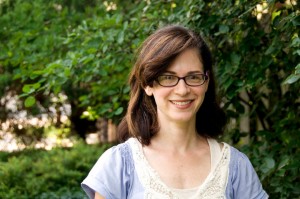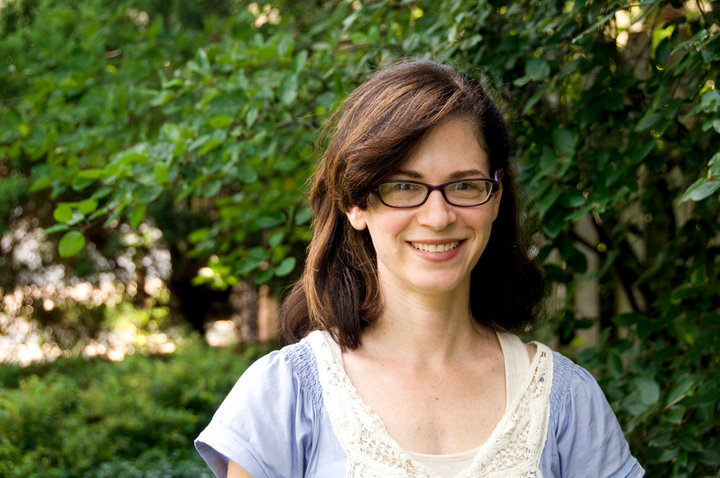Interview conducted by Greg Nedved, Secretary of the National Museum of Language.

Several CONLANGS have visible symbols such as flags, e.g., Esperanto, Volapük. What, if any, positive role can flags or symbols play in developing CONLANGS? Is there any value to creating flags or symbols for natural languages, e.g., English, German, French?
They probably play the same roles as flags and symbols play for any group, to help the people in the group feel part of something larger and give them a way to express their identification with the group to the rest of the world. People do this with symbols of their colleges, their sports teams, their neighborhoods, etc.
In the case of CONLANGS, there is also a more direct metaphor of nationhood at play. Languages are associated with nations and nations have flags. Natural languages already have their flags in this sense. Of course most conlangers, and especially Esperantists, would object to the equation of language with nationhood, and of course you can be part of a natural language community without being part of a nation, but the basic idea that language is nation and nation is language still shapes a lot of habits.
CONLANGS, by and large, have been individual initiatives. Should governments subsidize CONLANG development in your view?
No, I don’t think governments should have any role in conlang development or promotion. The languages will entice people to participate or they won’t. That’s the only way it’s ever worked, even when governments have tried to get involved.
Which CONLANG is the most developed in your view?
As a fully functioning natural language? Esperanto. It has the ability to handle all aspects of life and a long usage tradition. As a defined grammatical system? Lojban. No other language has as many sentence-formation rules explicitly spelled out.
CONLANGs have been around for a long time but it seems that they are becoming more and more prevalent. What are the drawbacks to this trend, if any?
I don’t see any drawbacks. In fact, they do a lot to bring people to natural languages and the study of linguistics.
Do you consider yourself a CONLANGER?
No, just a conlang art appreciator. I have not the patience to sit down and work one out myself!
Who do you think is the world’s most influential linguist of all time? Who is the most influential at the moment?
Boy, I don’t know. Chomsky? Saussure? Labov? von Humboldt? All different influential ideas. I think we won’t know until later who’s being influential right now, but I suspect we will look back and see it had something to do with corpus linguistics and computational methods.
What advice would you give newcomers who want to write a book about languages?
Go with the most esoteric thing you know about and frame its importance to language in general. Claim a small area that hasn’t been claimed yet.
How would you explain the term “psycholinguistics” to the layman?
The study of how language works in the mind. What’s going on in there when we do language?
Your name is very similar to Okrand (Marc Okrand, the Klingon creator). Has this ever caused any confusion, especially since you both have Klingon backgrounds?
Well, we do have the same last name, Americanized in different ways, and our people come from the same town in Poland, so somehow or another, we probably are related. We’ve agreed to consider ourselves cousins, in any case.
Your site lists your languages as English, Hungarian, Esperanto, Sign and Klingon. What languages did you study in school growing up?
I started with Spanish in 7th grade. Then French in high school. In college I started with German, then Italian, then Portuguese as a study abroad in Brazil. After college, before I left to teach English in Hungary for a year, I took an intensive summer Hungarian course, where I met my very good Swedish friend, who coached me through the foreign service coursebook in Swedish I bought (I can still remember how to shop for a suede jacket and attend a yacht party in Swedish).
After Hungary I ended up in Washington DC where I started learning ASL at Gallaudet and stuck with that while I did my MA there, except for the Chinese course I took at Georgetown. The conlangs didn’t start until I started working on the book. I’m not fluent in a lot of languages, but I have enough basic level language exposure to be able to use Google Translate pretty competently!

